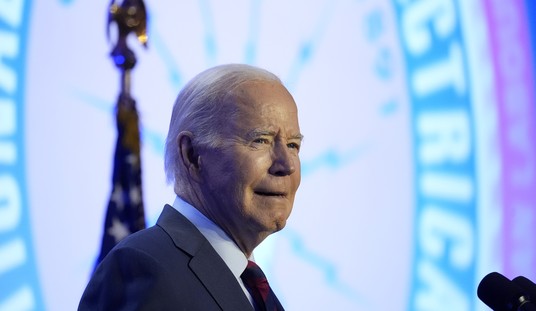In the annals of moral idiocy, the Marxist British historian Eric Hobsbawm, who died yesterday at 95, will ever enjoy a conspicuous place. A gifted and prolific writer, the Egyptian-born Hobsbawm was utterly absorbed by the ideology that fired his youthful dreams of utopia. How he must have savored the fact that he was born in 1917, the year of the Bolshevist revolution in Russia which ushered in so much poverty, misery, terror, and freedom-blighting totalitarian oppression. “The dream of the October Revolution is still there somewhere inside me,” Hobsbawm wrote in his memoir Interesting Times in 2002, “I have abandoned, nay, rejected it, but it has not been obliterated. To this day, I notice myself treating the memory and tradition of the USSR with an indulgence and tenderness.”
Indeed. Hobsbawm was adulated by an academic establishment inured to celebrating partisans of totalitarian regimes so long as they are identifiably left-wing totalitarian regimes. Although he claimed to have been victim of a “weaker McCarthyism” that retard advancement of leftists in the UK, Hobsbawm enjoyed a stellar career replete with official honors, preferments, and perquisites. He was showered with honors and academic appointments at home and abroad. His books won all manner of awards. In 1998 he was appointed to the Order of the Companions of Honor. But the central fact about Hobsbawm, as about so many doctrinaire leftists, was his willingness to barter real people for imaginary social progress. If he “abandoned, nay rejected” the “dream” of the October Revolution, he never abandoned its animating core: an almost reflexive willingness to sacrifice innocent lives for the sake of a spurious ideal.
The philosopher David Stove once identified “bloodthirstyness” as the motivating force of Communism and its offshoots. Scratch a socialist and you discover a fondness for the gulag. This describes Hobsbawm to a T. In 1994, the venerable historian discussed the former Soviet Union with a television interviewer. What Hobsbawm’s position comes down to, the interviewer suggested, “is saying that had the radiant tomorrow actually been created, the loss of fifteen, twenty million people might have been justified?” Hobsbawm: “Yes.”
I think that says us all we need to know about this repellent figure who has at last gone to his reward.








Join the conversation as a VIP Member